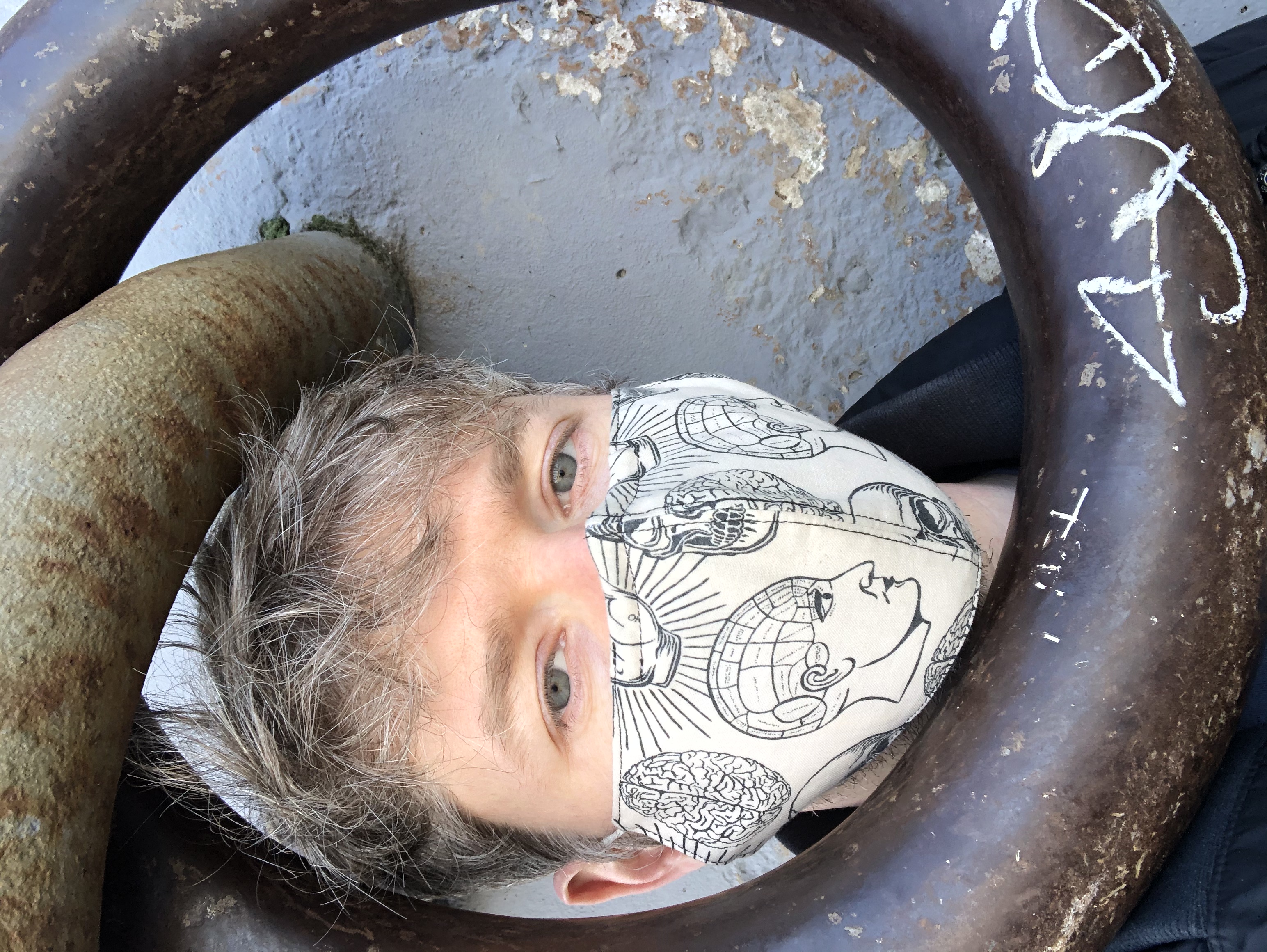ISSN: 1941-4137
POETRY THAT ENACTS THE ARTISTIC AND CREATIVE PURITY OF GLASS
POETRY THAT ENACTS THE ARTISTIC AND CREATIVE PURITY OF GLASS

Alec Hershman is the queer author of Permanent and Wonderful Storage (Seven Kitchens Press, 2019), winner of the Robin Becker Chapbook Prize and The Egg Goes Under (Seven Kitchens Press, 2017). He has received awards from the KHN Center for the Arts, The Jentel Foundation, The St. Louis Regional Arts Commission, The Virginia Center for the Creative Arts, and The Institute for Sustainable Living, Art, and Natural Design. He lives in Michigan where he works as a cannabis consultant, and organizes for service-worker solidarity.
Also by Alec Hershman:
Permanent and Wonderful Storage
The Egg Goes Under
As When the Truth is Used to Hurt and so Can be the Truth No Longer
We All Have Different Ways of Getting There. Some Are Drugs.
Some support groups. Some are purely siphon.
I watched a butterfly follow music, and told no one.
What does that make me?
Lightning from the catalog falls to the floor.
I see my name on the address label.
I feel a yo-yo in my mouth.
Unfixed nations breed contempt,
so I also tell no one where I’m from: the airport
with its human tubes, and laproscopic sentries.
The breath on the lip
my grandmother bit,
as her body extended — the twentieth century.
I wrote it during a rare week of travel in the middle of the pandemic, in the middle of the southern Oregon desert. I was strolling the sunny, empty main street of Klamath Falls. Most stores were closed; there was nowhere to go except a little square park with teams of waterfoul and a geyser fountain. My husband had come here for work, and brought me along. He was somewhere fifty miles West in the forest, climbing down into a large volcanic lake to deploy some weather-monitoring equipment. During this early part of the pandemic, everything seemed precarious, and travel felt like it had to be kept secret. I felt both guilty and defiant for indulging my restlessness with what, for me, was pretty undeniably "recreational" travel. But the sense of exploration and anonymity that travel brings is so deliciously conducive to making poems.
I was thinking about a friend of mine who was coming to terms with his addiction. To hear him describe it, pills were a kind of travel. They evoked a similar mixture of guilt and defiance. I think I was thinking up rationalizations for taking the risk — how really, nothing felt particularly dangerous outside of those five minutes I spent in the airport security line — how I passed, aimless and unnnoticed for a week in that dusty place, and except for the security officer with the nitrile gloves, came into close contact with no one.
Three weeks later, fires erased whole towns we’d passed through in the middle of the state. My grandmother had several miscarriages before she had my father. That I haven’t yet been stopped at the border despite close calls and occlusions, I attribute to the nimble laws of Contingency, Privilege, Filament, and Grace.
Glass: A Journal of Poetry is published quarterly by Glass Poetry Press.
All contents © the author.
All contents © the author.





